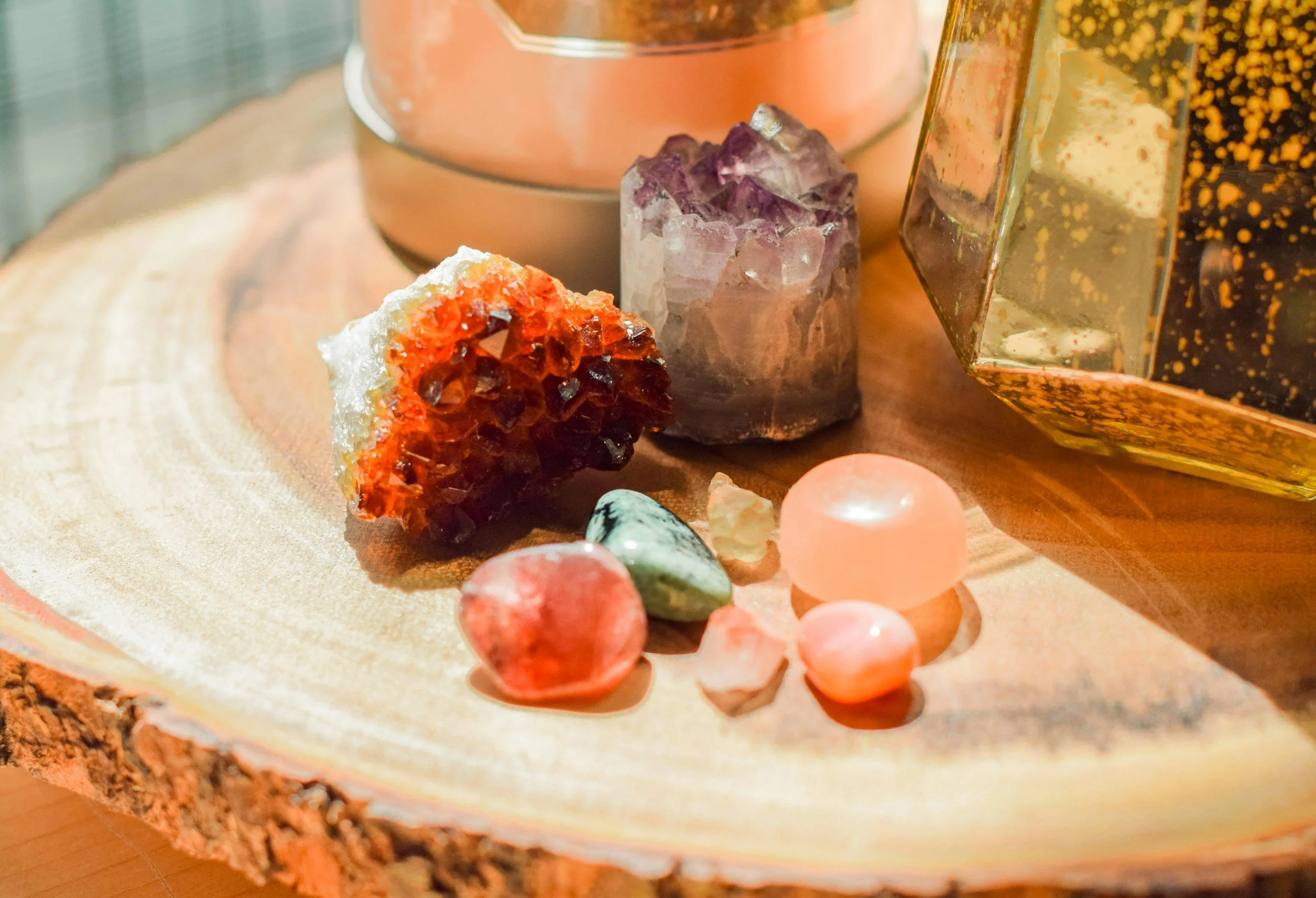How to Stay Cool and Sleep Better on Hot Summer Nights
The Science of Summer Sleep: Why Cooling Down Matters
Quality sleep is essential for physical restoration, emotional balance, and cognitive performance. Yet, as temperatures rise during the summer months, restful sleep can become increasingly elusive. The body’s internal thermostat plays a crucial role in the sleep-wake cycle, with core temperature naturally dipping to initiate sleep. When ambient temperatures remain too high — especially above the ideal sleeping range of 18°C (65°F) — this cooling process is disrupted, often leading to fragmented sleep and early waking.
Behavioral sleep research emphasizes the importance of creating a cool, dark sleep environment to facilitate melatonin production, the hormone that regulates sleep. Simple modifications can make a significant difference: use blackout curtains during the day to prevent heat buildup, or place a bowl of ice in front of a fan to circulate chilled air. For multi-story homes, sleeping on lower floors can help, as heat tends to rise. These small but strategic changes can align your environment more closely with your body’s natural rhythms, improving sleep quality even in the height of summer.
Cooling Hacks and Sleepwear: From AC Alternatives to Smart Fabrics
While air conditioning can offer instant relief, not everyone has access to it — and it’s not always energy-efficient. Fortunately, a range of low-tech cooling hacks can help manage nighttime temperatures. Keep blinds or blackout curtains closed during peak sunlight hours to reduce indoor heat gain. Position fans near windows in the evening to draw in cooler outdoor air, or place frozen water bottles in front of fans for a makeshift air-chiller. For an extra layer of cooling, try lightly dampened towels or even refrigerating your pillowcases and socks before bed.
Equally important is what you wear to bed. Sleepwear made from natural, breathable materials such as cotton, linen, or bamboo helps regulate body temperature and wick away moisture. Synthetic fabrics, by contrast, can trap heat and restrict airflow.
High-quality sleepwear can significantly improve summer comfort without sacrificing style. Brands like Joe Browns offer sleepwear collections crafted with both form and function in mind. Their pieces are tailored for men, women, and children, with lightweight fabrics and relaxed silhouettes that support better airflow and temperature control. While these garments bring sophistication to bedtime, their true value lies in comfort and practicality.
Moreover, online promotions can help reduce the price of these items when bought online. You can easily find these opportunities and more information about Joe Browns on this page, making premium sleepwear more accessible without compromising on quality. Investing in well-made nightwear isn't merely a fashion statement — it's a commitment to improved sleep health during warm months. In the context of summer discomfort, choosing the right fabrics and cuts becomes an essential part of a smarter, more restorative bedtime routine.
Healthy Habits Before Bed: Food, Hydration & Routine
Beyond environmental factors and sleepwear, pre-bedtime habits also influence how well the body copes with heat at night. Staying hydrated throughout the day — and especially before bed — is vital, but avoid ice-cold drinks immediately before sleep, which can stimulate digestion and delay rest. Opt instead for cool, not freezing, water and steer clear of alcohol and heavy meals, which can raise body temperature and cause sleep disturbances.
Evening rituals should also support thermoregulation. Lukewarm showers before bed help lower core body temperature without the rebound effect that can come from cold water. Choosing lightweight, breathable robes or cotton kimonos over synthetic loungewear allows skin to breathe more easily, reducing overheating. Keeping electronic use to a minimum in the hour before sleep — especially blue-light-emitting devices — also helps the body wind down naturally.
Ultimately, good summer sleep is about balance. Creating a cool space, wearing temperature-appropriate clothing, and adopting health-conscious bedtime habits all contribute to restful nights. When combined, these strategies support not just better sleep, but a more comfortable and health-focused summer routine.




